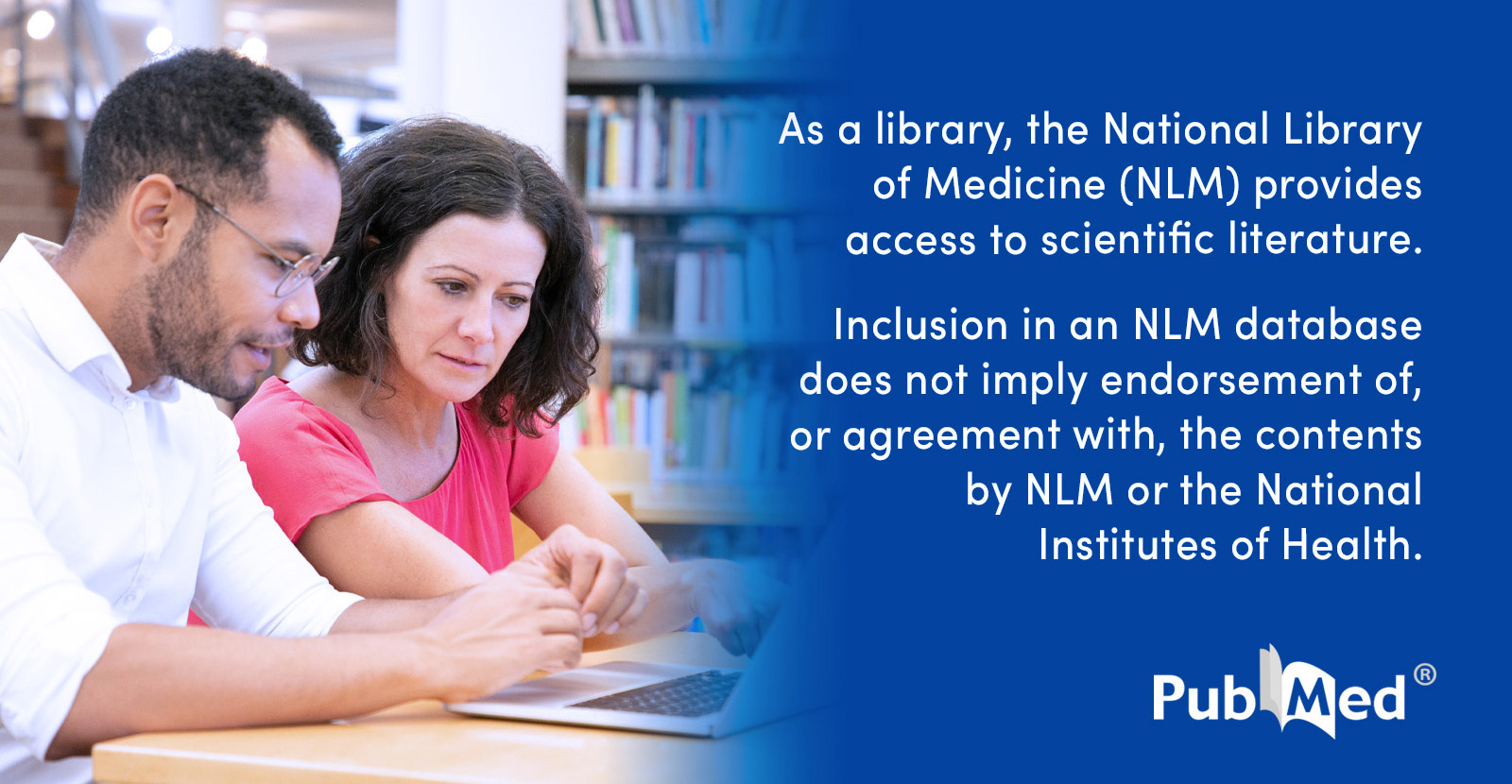Clearly none of us on this forum are running our own experiments and drawing conclusions from data we collect. When trying to inform ourselves to make the best decisions we can, we often rely on people we consider experts to give us good information and recommendations. But, in order to not be mislead, you need to think critically about the information you get, and whether it stands up to contrary information.
Politicized "experts" say masks help slow the spread of Covid, and there are plenty of experts, outside the realm of politics, who say different. All you people who act like you are talking to idiots when trying to shame people who don't want to wear masks, I don't care if you want to wear a mask. I am not going to shame you for doing so, and I won't think less of you, even if I have spoken ill about masks and the act of wearing them.
I have done my research, mulled over many different experts' opinions, and drawn my own conclusions. Here is a good, albeit long, post I got off Facebook with links to a lot of the same studies I have linked to directly in other posts. It was supposedly written by an OR nurse originally, maybe it wasn't, but there are references to back up the information that is shared. Peace.
"Caytlin Rn. Them: "But, Cait, don't you wear a mask when you're in the operating room?! YOU of all people should be advocating for people to wear masks!"
Me: I'm so glad you asked! Let's break down a few key points.
One, in the surgery setting we wear masks for a couple reasons, none of which have much of anything to do with preventing the spread of viruses. The first is to prevent bacteria particles from our own nose and mouth from entering into the patient's surgical cavity. This is not because anyone is sick. This is because we all carry pathogenic material in our airways, that normally are a non-issue, but when a patient is in a compromised state from being given general anesthesia and having their body sliced open, they become more susceptible to these opportunistic microbes we all carry. The second purpose of the mask in surgery is to prevent exposure of the provider to the patient's fluids and tissue. Interesting to note, in many countries the circulating nurse doesn't wear a mask, only those hovering over the surgical site don PPE.
Secondly, not all masks are created equal and most people have no idea which masks are for which circumstances, or that most masks provide little if any protection against viruses. The right mask worn incorrectly increases risk. The masks typically worn in the operating room are simply medical grade surgical masks, like the one I'm wearing here, and are not recommended for use when the presence of small particulate or aerosolized pathogens are in play. They're great for keeping the teams spit out of the patients incision while they communicate during surgery and prevent chunks of tissue and blood spatter from being on the inadvertent lunch menu, but aside from that they're really just little humid breath collectors. Instances when one would don an N95 respirator would be things like a case with a TB positive patient. And we are fit tested for those and given a specific mask type to use in such cases. The fit test consists of putting a giant plastic box over your head and spraying an aerosolized compound into the container while you wait to determine if your mask fit is good based on whether you can taste/smell the spray. It's a big ordeal and redone each year in most facilities.
Last, in my 15+ years in healthcare, I have witnessed more improper use of PPE than I can quantify. I have seen seasoned medical professionals contaminate themselves and everything around them in a matter of seconds. Using equipment without the proper knowledge or training is a recipe for disaster and in this case, increased exposure. Unless you've thoroughly read through the literature and understand the approved uses, application and removal process, appropriate discarding protocols, etc you should probably just sit down and stop promoting inappropriate and unsafe mask use.
So if you're not planning on doing some surgery while you shop for groceries or take a walk in the park, your mask is really just serving to warm your face and harbor some of those germs you're so terrified of right in front of your airway. And if you're wearing a sock or underwear on your face or rocking a bandana like we're in the wild west, you're simply creating more laundry for yourself, but doing absolutely nothing to stop the spread of pathogens.
And I have to say, I'm a little disappointed to see so many "educated" medical professionals promoting unsafe, baseless practices and seemingly forgetting their foundational knowledge

***None of this even touches on the negative health impacts that can be caused from extended mask use, chronic fear and anxiety, and allowing others to make decisions for you because you don't feel informed or empowered enough to make them yourself. I'll save that for another post.
________________________________________
Just a few studies about mask efficacy for those inquiring minds:
It appears that several of the links originally included have been removed (surprise, surprise). But that's ok, because there's plenty more where those came from. Like these right here:
This study is the first RCT of cloth masks, and the results caution against the use of cloth masks. This is an important finding to inform occupational health and safety. Moisture retention, reuse of cloth masks and poor filtration may result in increased risk of infection. Further research is needed to inform the widespread use of cloth masks globally. However, as a precautionary measure, cloth masks should not be recommended for HCWs, particularly in high-risk situations, and guidelines need to be updated.”
The aim of this study was to compare the efficacy of cloth masks to medical masks in hospital healthcare workers (HCWs). The null hypothesis is that there is no difference between medical masks and cloth masks. 14 secondary-level/tertiary-level ...

www.ncbi.nlm.nih.gov

www.cidrap.umn.edu
Cloth masks can increase infection
Interim guidance

www.who.int
From the WHO: There is limited evidence that wearing a medical mask by healthy individuals in the households or among contacts of a sick patient, or among attendees of mass gatherings may be beneficial as a preventive measure.14-23 However, there is currently no evidence that wearing a mask (whether medical or other types) by healthy persons in the wider community setting, including universal community masking, can prevent them from infection with respiratory viruses, including COVID-19.
Prolonged wearing of the surgical mask causes loss of intellect potential and cognitive performance due to a decrease in blood oxygen and subsequent brain hypoxia. Note - some changes may be irreversible.
"Report on surgical mask induced deoxygenation during major surgery"
Preliminary report on surgical mask induced deoxygenation during major surgery - PubMed
"Seventy percent of the patients showed a reduction in partial pressure of oxygen (PaO2), and 19% developed various degrees of hypoxemia. Wearing an N95 mask significantly reduced the PaO2 level"
Wearing an N95 mask for 4 hours during HD significantly reduced PaO2 and increased respiratory adverse effects in ESRD patients.

www.ncbi.nlm.nih.gov
"Wearing N95 masks results in hypooxygenemia and hypercapnia which reduce working efficiency and the ability to make correct decision."
...
"Medical staff are at increased risk of getting 'Severe acute respiratory syndrome' (SARS), and wearing N95 masks is highly recommended by experts worldwide. However, dizziness, headache, and short of breath are commonly experienced by the medical staff wearing N95 masks. The ability to make correct decision may be hampered, too."

clinicaltrials.gov
"Chronic hypoxia-hypercapnia influences cognitive function"
Chronic obstructive pulmonary disease (COPD) is a slowly progressive lung disease that results in several complications, including cognitive dysfunction. Some evidences support that cognitive impairment is common and clinically important in COPD, but the exact mechanism is still unclear. It has...

www.ncbi.nlm.nih.gov
"Hypercapnia status has been shown to predict mild cognitive impairment
Hypercapnia impaired cognitive and memory functions in obese patients with obstructive sleep apnoea
Chronic hypoxia – hypercapnia has been seen as a cause of cognitive impairment
https://www.atsjournals.org/…/fu…/10.1164/ajrccm.186.12.1307
ClinicalTrials.gov Identifier: NCT01249625.

www.ncbi.nlm.nih.gov
Although N95 respirators appeared to have a protective advantage over surgical masks in laboratory settings, our meta-analysis showed that there were insufficient data to determine definitively whether N95 respirators are superior to surgical masks in protecting health care workers against...

www.ncbi.nlm.nih.gov
Fit testing matters less vs it’s an N95 mask:
A cluster randomized clinical trial comparing fit-tested and non-fit-tested N95 respirators to medical masks to prevent respiratory virus infection in health care workers - PubMed
Masks don’t seem to impact family infection as much:
Cluster randomised controlled trial to examine medical mask use as source control for people with respiratory illness - PubMed
Medical or N95 isn’t that different:
N95 Respirators vs Medical Masks for Preventing Influenza Among Health Care Personnel: A Randomized Clinical Trial - PubMed
Cloth masks worse than surgical masks for anything <2.5 uM:
Evaluating the efficacy of cloth facemasks in reducing particulate matter exposure - PubMed
Particle size breakdown and fabric differences for cloth masks and particle penetration:
Simple Respiratory Protection—Evaluation of the Filtration Performance of Cloth Masks and Common Fabric Materials Against 20–1000 nm Size Particles
A study of 246 individuals with seasonal respiratory virus infections randomized to wear or not wear a surgical face mask showed that masks can significantly reduce detection of coronavirus and influenza virus in exhaled breath and may help interrupt virus transmission.

www.nature.com
In conclusion, both surgical and cotton masks seem to be ineffective in preventing the dissemination of SARS–CoV-2 from the coughs of patients with COVID-19 to the environment and external mask surface.
ACP Journals"






 ING UNION FOR ONCE AND STAND UP TO THIS COMPANY! We have way more power than they want us to know we have.
ING UNION FOR ONCE AND STAND UP TO THIS COMPANY! We have way more power than they want us to know we have.
